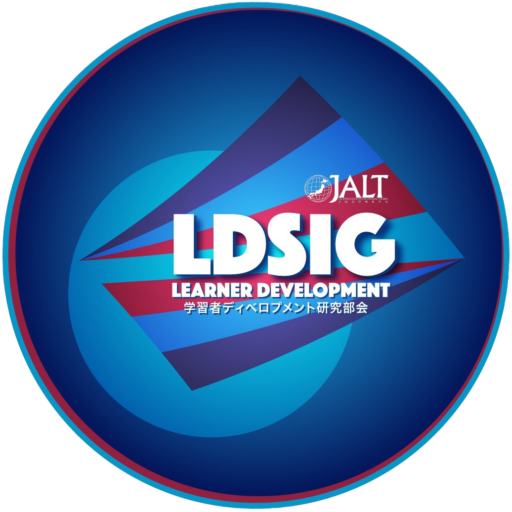The Learner Development Journal, issue one, Table of Contents
LDJ-1-1 Full Issue Download
Call for Papers
You are cordially invited to submit proposals for the first issue of the Learner Development Journal, to be published in the Spring of 2017.
Co-Editors: Darren Elliott & Hugh Nicoll
Note: Downloadable versions of this call for papers are available in MSWord and PDF formats.
The Learner Development Journal is the online, open-access journal of the JALT Learner Development SIG. Published once a year, The Learner Development Journal is devoted to practitioner-driven research, reviews and interviews exploring learner development issues in second language education.
The Learner Development Journal represents a commitment to group-based professional development and shared exploration. It provides a forum to explore issues related to specific learner development themes in a collaborative and supportive environment.
Each issue of The Learner Development Journal contains five to seven papers of varying lengths related to the common theme, reviews of key texts, an interview with or a contribution from a key teacher/researcher in the field, and an introduction and conclusion written by the issue editor(s) to provide an overview and context to the whole collection of work. Contributors will work with each other to read and respond to one another’s work during the research and writing process. We are especially interested in practitioner research, student participatory research, and co-authored works.
The Theme of LD Journal Issue 1 (Spring 2017)
The theme of the first issue will be “Visualising Learner Development”. Research and writing that is related (but not limited) to the following topics is particularly welcome:
Computer-mediated visualisation
Digital storytelling
L2 self images
Language learning histories
Metaphors for teaching and learning
Representations of motivation
Visual narratives
Other areas of visualization relevant to learner development (please specify in your proposal if this applies to you)
Full articles will be between 5000 and 7000 words. We are also interested in book reviews (or annotated reading lists), stories and interviews.
